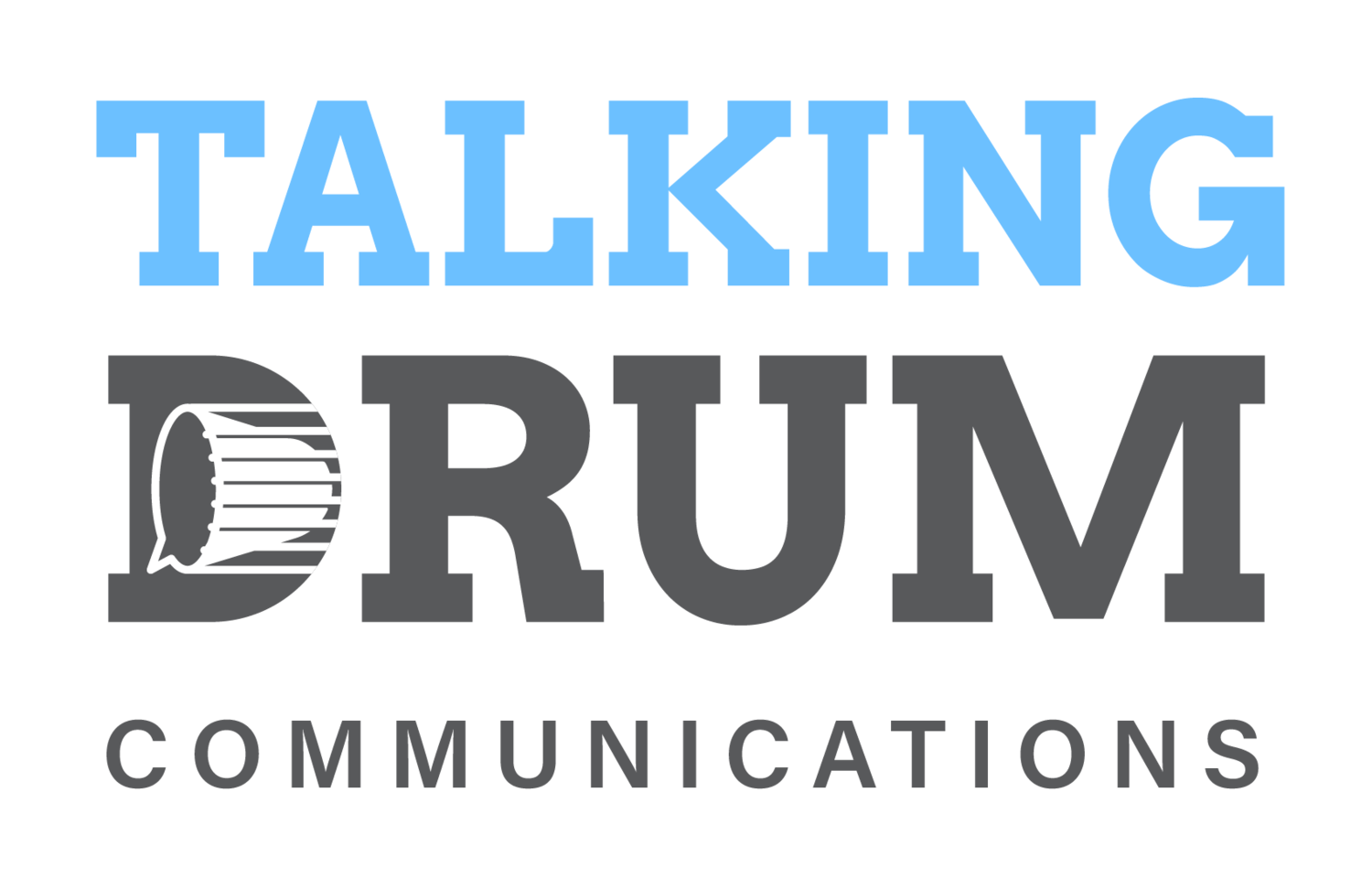Could better public relations advice have changed the OpenAI crisis?
The “crisis” that kicked off at OpenAI last weekend nearly cost the company everything. OpenAI went from being one of the most loved and exciting companies in the world to more than two-thirds of employees threatening to leave, investors and partners asking all manner of questions and a wide range of other issues. The worst part was that this was all avoidable.
The story of Sam Altman’s sacking from (and return to) OpenAI is arguably the biggest tech story of the year so far. After leading OpenAI to bring ChatGPT to the world, Altman has emerged as one of the most loved tech CEOs in the world today. To say his abrupt sacking was a bombshell would be putting it mildly. Interestingly, according to a recent PR Week article, the OpenAI board did not involve a single PR professional in the decision making process. Imagine making a decision to sack the beloved CEO of everyone’s favourite company and not consulting experts to ensure the best possible narrative around the story?
I am certainly not suggesting that public relations alone should drive business and governance decisions. However, when the stakes are this high, effective public relations is just as important as any other business function. The job of public relations in situations like these is to advise on the implications of the intended action(s) and guide decision makers to achieve the best possible outcome. This clearly did not happen as the announcement was made hastily and with insufficient clarity on the “why” and the “what next”, and the uncertainty that this triggered was at the heart of the crisis.
Thankfully, the situation was brought under control and order was restored with Microsoft CEO Satya Nadella jumping in to save the day. However, for startups that don’t have the benefit of a Satya Nadella to call on, a similar situation could have ended very differently. Especially in an African context where the startup ecosystem is still relatively young and there is often just as much to lose, having effective crisis comms processes can be a gamechanger in making sure your business is not sidetracked by crises and you are free to focus on what is most important - building your business.
Here are some tips for effectively managing (and avoiding) crises
The best way to manage a crisis is to avoid one
While crises can be an exciting spectacle for onlookers, they can be highly disruptive to business operations and a diversion to the work you are actually trying to do. As much as possible, businesses should ensure that they are not taking actions that will negatively impact them, their employees, partners and customers. This may sound obvious but this episode with OpenAI is a prime example of what happens when decisions are made without full consideration of the wider implications.
Crises happen. Make sure you are ready
We all want to make exciting announcements about all sorts of great things happening to our organizations. However, anyone that has been around long enough will tell you that crises happen and they need to be managed effectively to minimize the impact on the business. Like everything else, proper planning can make a huge difference and ensure you achieve the most favourable outcomes.
Every organisation should have a crisis communication team, different plans to manage different crises and regular “mock crisis” to ensure that everyone is ready. It's easier to develop a plan before the crisis than in the middle of it.
You don’t always have to say something
There is often a misconception that you must respond publicly when a crisis happens. In some cases, not responding to a crisis situation can be the most effective way to achieve a swift conclusion. You want to avoid prolonging the life cycle of the crisis by fueling the flame with your response or validating any situation by responding to it.
However, it is also important to note that ignoring a crisis does not necessarily mean it will go away. The pros and cons of not responding (or responding) must be evaluated on an ongoing basis and the decision should be reviewed based on the most recent set of facts.
Review your plan regularly
Having a plan is great but an out of date plan is not useful for anyone. Your crisis comms plans should be updated regularly (as necessary) based on new developments and priorities
There is so much more that can be said about managing crises but the aim should be to bring any crisis to the swiftest and most favourable conclusion and all actions must be contributing to this end.
If you’d like to hear more about how Talking Drum Communications can help you to manage your public relations (and crises) more effectively, do get in touch - hello@talkingdrumcomms.com.


